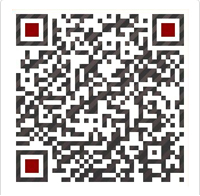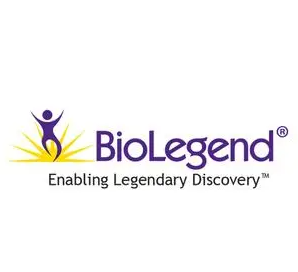Product Details
- Verified Reactivity
- Mouse
- Antibody Type
- Monoclonal
- Host Species
- Rat
- Immunogen
- Recombinant protein
- Formulation
- Phosphate-buffered solution, pH 7.2, containing 0.09% sodium azide.
- Preparation
- The antibody was purified by affinity chromatography.
- Concentration
- 0.5 mg/ml
- Storage & Handling
- The antibody solution should be stored undiluted between 2°C and 8°C.
- Application
-
ELISA Capture - Quality tested
- Recommended Usage
Each lot of this antibody is quality control tested by ELISA assay. For ELISA Capture applications, a concentration range of 0.5 - 2 ?g/mL is recommended. To obtain a linear standard curve, serial dilutions of CCL8 (MCP-2) recombinant protein ranging from 15.6 to 1,000 pg/mL is recommended for each ELISA plate. It is recommended that the reagent be titrated for optimal performance for each application.
- Application Notes
The purified A16070K antibody is useful as the capture antibody in a sandwich ELISA assay, when used in conjunction with the biotinylated Poly5352 antibody (Cat. No. 535203) as the detection antibody and Recombinant Mouse CCL8 (MCP-2) (ELISA Std.) (Cat. No. 581709)
- RRID
- AB_2783344 (BioLegend Cat. No. 536902)
Antigen Details
- Structure
- Chemokine
- Distribution
-
Fibroblast, endothelial cells, monocytes, macrophages, and skeletal muscle cells.
- Function
- CCL8 chemoattracts monocytes, T cells, NK cells, mast cells, eosinophils, and basophils. CCL8 is induced by IL-1β, IFNβ, IFNγ, dsRNA, virus, ConA, and anti-CD2. The induction of CCL8 by IFNγ synergizes with the TLR ligands peptidoglycan (TLR2), dsRNA (TLR3), and LPS (TLR4).
- Interaction
- Monocytes, T cells, NK cells, mast cells, eosinophils, and basophils.
- Ligand/Receptor
- CCR1 (CD191), CCR2 (CD192), CCR3 (CD193), and CCR5 (CD195)
- Cell Type
- Endothelial cells, Fibroblasts, Macrophages, Monocytes
- Biology Area
- Cell Biology, Neuroinflammation, Neuroscience
- Molecular Family
- Cytokines/Chemokines
- Antigen References
-
- Van Damme J, et al. 1992. J. Exp. Med. 176:59.
- Proost P, et al. 1998. J. Immunol. 160:4034.
- Dean RA, et al. 2008. Blood 112: 3455.
- Hori T, et al. 2008. Blood 111:4403.
- Rom S, et al. 2010. FASEB J. 24:2292.
- Struyf S, et al. 2009. Eur. J. Immunol. 39:843.
- Islam SA, et al. 2011. Nat. Immunol. 12:167.
- Gene ID
- 20307 View all products for this Gene ID
- UniProt
- View information about CCL8 on UniProt.org








